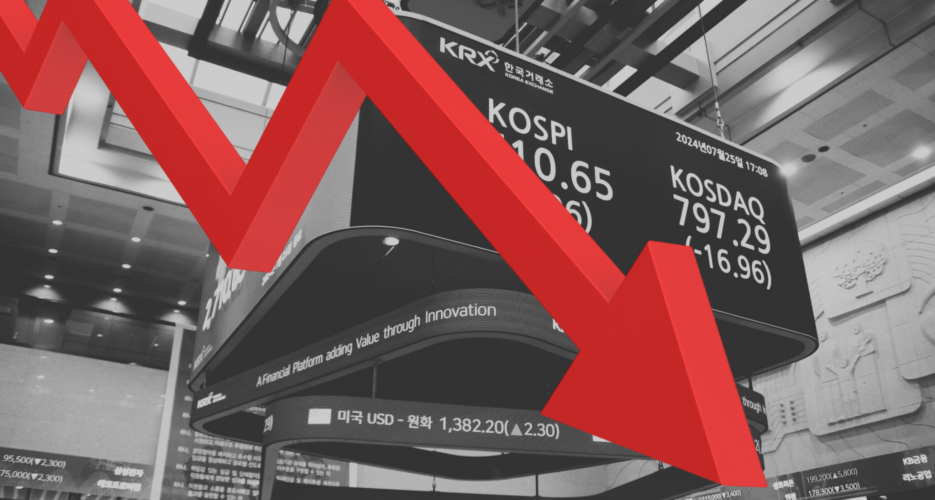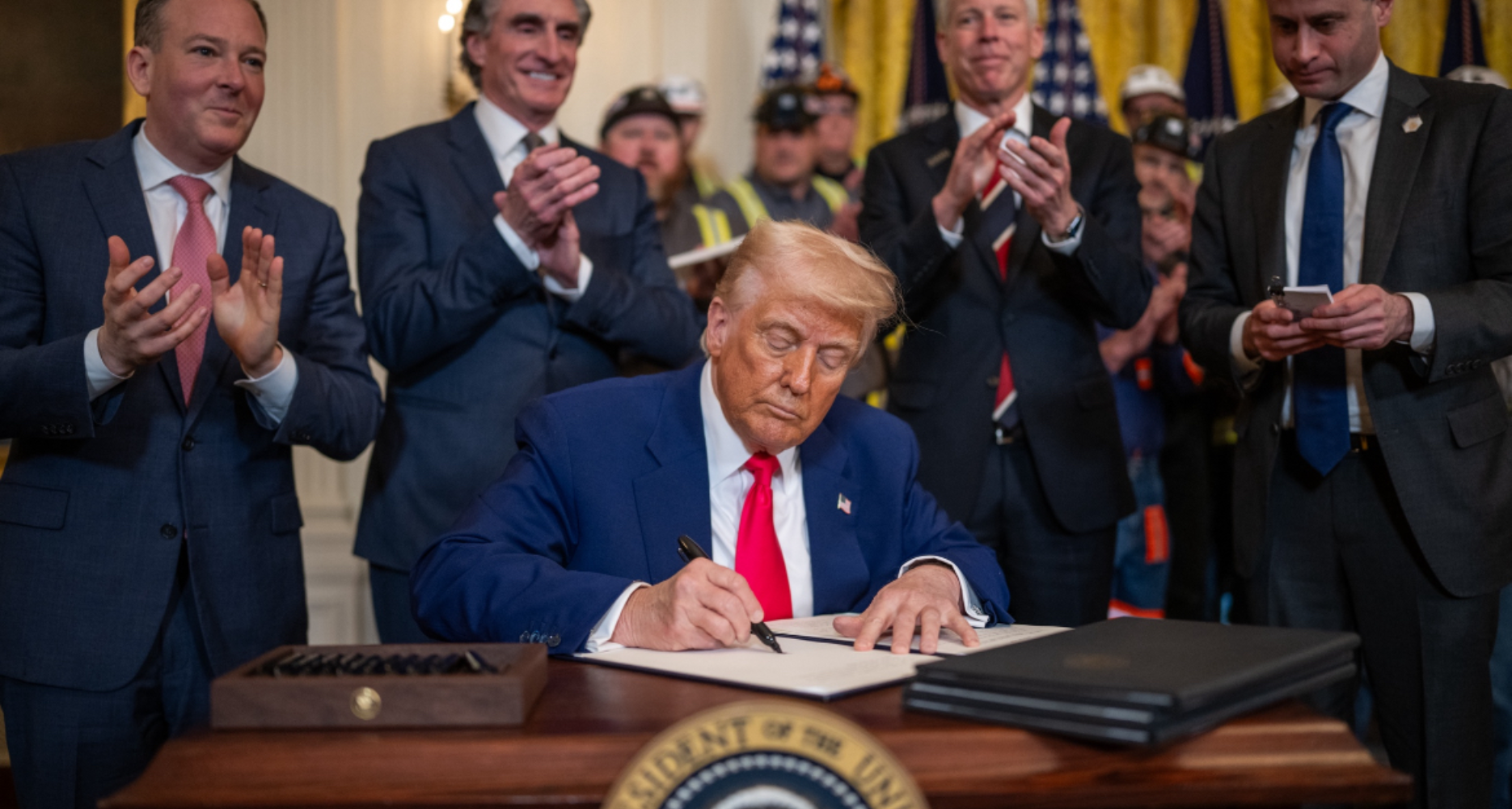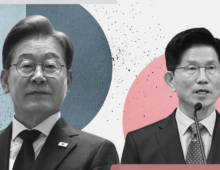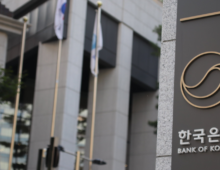As world’s largest economies go head to head, won hits 16-year low, markets fall and Bank of Korea runs out of room
The U.S. imposed an additional 50% tariff on Chinese imports on Wednesday afternoon, triggering sharp selloffs in global financial markets and forcing South Korea into emergency response mode. The tariff, which took effect at 12:01 a.m. EDT (1:01 p.m. KST), is the most severe in over a century and forms the centerpiece of U.S. President Donald Trump’s “America First” trade doctrine. China responded Wednesday evening by announcing it would raise tariffs on select U.S. imports from 34% to 84%, effective April 10. Concurrently, the European Commission also announced that EU Member States had unanimously approved trade countermeasures against the U.S. in response to American steel and aluminum tariffs. The duties are set to take effect on April 15.
South Korea, meanwhile, is facing a 26% U.S. tariff on its exports. The trade ministry responded by unveiling an emergency relief package that includes liquidity support, tax deferrals and expanded export insurance for affected small and mid-sized suppliers. Acting President Han Duck-soo held a 30-minute call with Trump on Tuesday, urging cooperation. He later told CNN that South Korea would not pursue retaliatory tariffs, saying tit-for-tat escalation “would not improve the situation.”
The U.S. imposed an additional 50% tariff on Chinese imports on Wednesday afternoon, triggering sharp selloffs in global financial markets and forcing South Korea into emergency response mode. The tariff, which took effect at 12:01 a.m. EDT (1:01 p.m. KST), is the most severe in over a century and forms the centerpiece of U.S. President Donald Trump’s “America First” trade doctrine. China responded Wednesday evening by announcing it would raise tariffs on select U.S. imports from 34% to 84%, effective April 10. Concurrently, the European Commission also announced that EU Member States had unanimously approved trade countermeasures against the U.S. in response to American steel and aluminum tariffs. The duties are set to take effect on April 15.
South Korea, meanwhile, is facing a 26% U.S. tariff on its exports. The trade ministry responded by unveiling an emergency relief package that includes liquidity support, tax deferrals and expanded export insurance for affected small and mid-sized suppliers. Acting President Han Duck-soo held a 30-minute call with Trump on Tuesday, urging cooperation. He later told CNN that South Korea would not pursue retaliatory tariffs, saying tit-for-tat escalation “would not improve the situation.”
Get your
KoreaPro
subscription today!
Unlock article access by becoming a KOREA PRO member today!
Unlock your access
to all our features.
Standard Annual plan includes:
-
Receive full archive access, full suite of newsletter products
-
Month in Review via email and the KOREA PRO website
-
Exclusive invites and priority access to member events
-
One year of access to NK News and NK News podcast
There are three plans available:
Lite, Standard and
Premium.
Explore which would be
the best one for you.
Explore membership options
© Korea Risk Group. All rights reserved.
No part of this content may be reproduced, distributed, or used for
commercial purposes without prior written permission from Korea Risk
Group.












